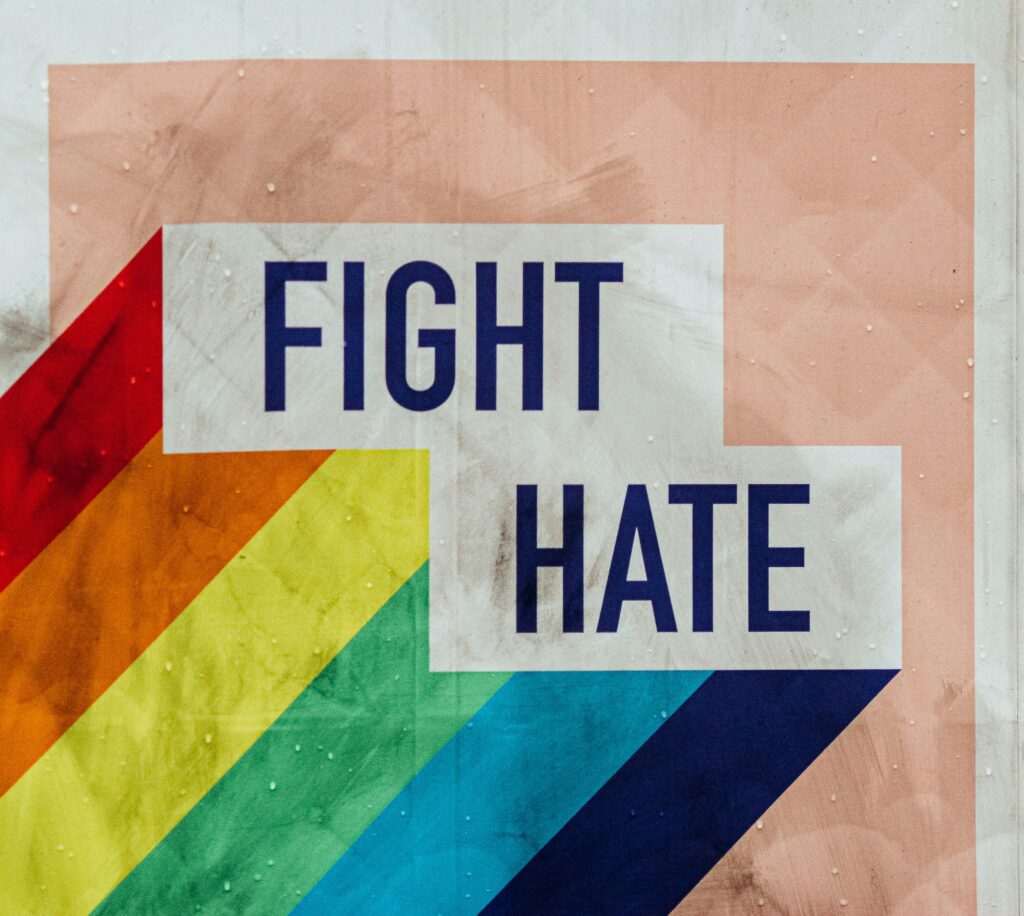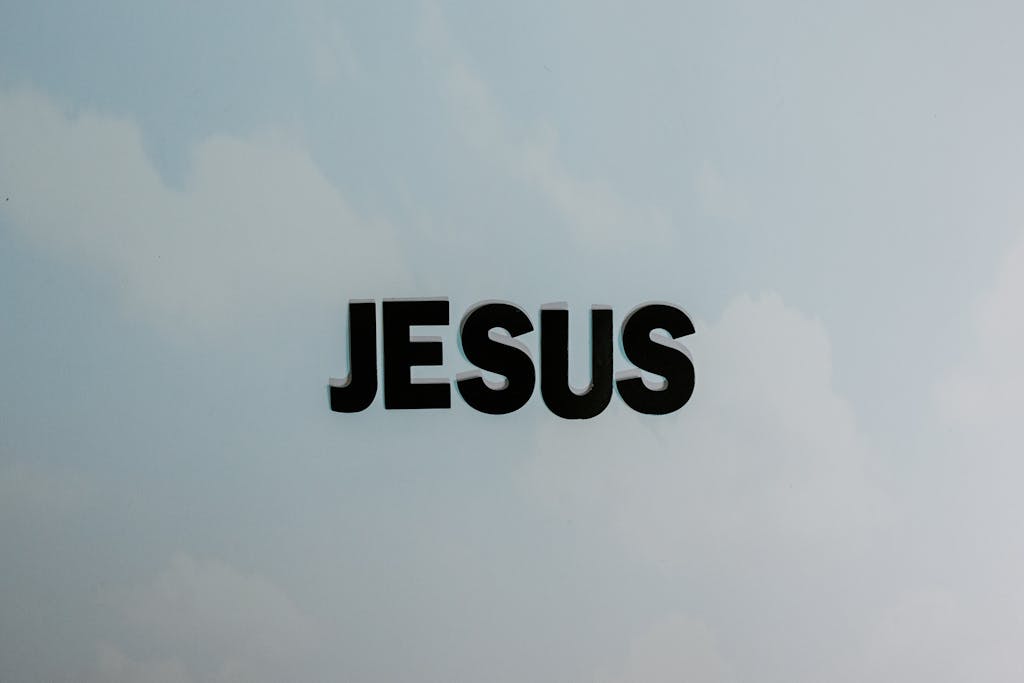Progressive Christianity vs. Evangelical Christianity
Origins, Core Differences, and Implications
Christianity is a vibrant and diverse faith, shaped by thousands of years of evolving beliefs, practices, and debates. Among the most notable expressions today are Progressive Christianity and Evangelical Christianity. While both are deeply centered on following Jesus, they often chart starkly different courses in theology, interpretation of Scripture, and how faith is lived out.
But here’s the thing—this isn’t just a theological spat. These differences ripple out into how Christians engage with culture, justice, community, and politics. To understand why these two perspectives clash (and, occasionally, bang heads loudly), we need to look at where they come from, where they differ, and why it all matters.
The Origins of Progressive and Evangelical Christianity
To understand today’s divides, we have to rewind a bit and look at the roots of these two traditions. Their histories are critical to understanding the paths they’ve taken, for better or worse.
Evangelical Christianity
Evangelical Christianity found its beginnings in the passionate revival movements of the 18th and 19th centuries, including the First and Second Great Awakenings. Think fervent tent meetings, emotional preaching, and people being “saved” on the spot. These revivals emphasized a personal, emotional connection to God; conversion was the headline event. Faith needed to be not only professed but deeply felt.
By the 20th century, Evangelical communities solidified their theological foundations, emphasizing key doctrines like the inerrancy (or infallibility) of Scripture, substitutionary atonement theory, and the necessity of evangelism. Yet, from the 1940s onward, Evangelicals found themselves wrestling over how to engage with a rapidly changing world. Leaders like Billy Graham advocated for cultural engagement, while others eschewed modernity, retreating into isolated religious subcultures.
Entering the late 20th century, however, Evangelicalism made a stark political pivot. Through figures like Jerry Falwell and organizations like the Moral Majority, Evangelicals became tightly intertwined with conservative politics, largely aligning themselves with the Republican Party. Evangelical leaders leveraged this connection to push a political agenda aligning what they deemed to be “Christian values” with opposition to abortion, LGBTQ+ rights, and an emphasis on law-and-order rhetoric. Over time, this alignment gave rise to Christian nationalism, a movement that melds religious identity with a vision of America as divinely chosen, often excluding those who don’t conform to their vision of God’s kingdom.
Today, Evangelical Christianity retains significant cultural clout in the United States, yet it’s also marked by increasing polarization. Younger generations often question its political entanglements and exclusivist doctrines, prompting debates about what it truly means to be Evangelical.
Progressive Christianity
Progressive Christianity arose as a response to two dominant cultural currents in the 19th century. On the one hand, there was industrialization and its accompanying social upheaval. On the other, there was rise of modernity, with its scientific discoveries and critical examination of the Bible. Both posed challenges to traditional Christian beliefs, but not everyone saw these as threats.
Enter the “Social Gospel” movement. Rooted in the idea that the Kingdom of God should be realized here and now rather than just on the other side of the grave, this movement reframed Christianity as a call to address systemic injustices. Leaders like Walter Rauschenbusch preached against poverty, inequality, and exploitation, insisting that faith was about more than personal salvation; it was also about societal transformation.
Progressive Christianity became the theological home for those who embraced science and historical criticism of Scripture. These Christians saw no conflict between faith and reason. Instead, they viewed evolution not as a challenge to religion but as further evidence of God’s creative genius. They understood Scripture as both a product of divine inspiration as well as human culture and history. It need not be either-or, but could be both-and.
Throughout the 20th century, Progressive Christians and Mainline Protestants played a central role in civil rights, women’s rights, and even early LGBTQ+ inclusion movements. However, they often struggled to articulate a distinct public theology. Rather than evangelize and proclaim their progressive faith, they often ceded the narrative of Christianity to more vocal and aggressive evangelical voices. This retreat contributed to the perception that Christianity is synonymous with conservative Evangelicalism, leaving Progressives scattered, misunderstood, and sometimes voiceless on the broader stage.
Today, Progressive Christianity seeks to reclaim its place—not through coercion but by modeling a faith rooted in love, inclusion, and thoughtful engagement with the complexities of the modern world. Its focus on justice, grace, and diversity counters the loud narratives of control, fear, and exclusion in some Evangelical spaces, offering a vision of Christianity that celebrates the fullness of humanity and God’s redeeming work for all people.
Approaches to Faith and Doctrine
The roots of these traditions lead us to their central paradigms for understanding faith and how it’s lived out, with profoundly different approaches to doctrine and evangelism.
Evangelical Christianity’s Certainty
Evangelicals approach faith like an intricate puzzle with all the pieces already accounted for. The picture is clear, and there’s a satisfying click when everything fits into place. From their perspective, faith is about knowing what’s true and being able to pinpoint what’s false. This very black-and-white approach anchors Evangelicals in a world of certainty. There’s good versus bad, truth versus lies, saved versus unsaved, heaven versus hell.
Evangelism flows naturally from this certainty. It’s an urgent call to share what they see as the one true answer with as many people as possible. It’s direct and unapologetic as it seeks to rescue or save those perceived to be lost. For all its passion, however, this black-and-white focus often leaves little room for complicated questions, messy situations, the mystery of the divine, or the lived experiences of those whose stories don’t align with the neat categories of saved or unsaved.
Progressive Christianity’s Curiosity
Progressive Christianity, by contrast, embraces the beauty of gray areas and unanswered questions. Faith isn’t a puzzle you complete; it’s more like a painting that evolves and deepens with every brushstroke. Progressives are less concerned with having all the “right” answers and more interested in exploring mysteries, engaging in dialogue, and holding space for the tensions of life and faith.
When it comes to evangelism, Progressives shy away from declaring someone “in” or “out.” Instead, they focus on creating environments where people can wrestle with their doubts, ask hard questions, and encounter God in ways that resonate uniquely with them. For Progressive Christians, evangelism isn’t about coercion or certainty; it’s about inviting others into a story of love, grace, and inclusion. While this open-handed approach is deeply compassionate, it has sometimes led Progressives to retreat from public proclamation altogether, hesitant to assert any claims about faith for fear of being exclusive or overbearing. Critics argue that Progressivism sometimes prioritizes being agreeable over being clear, leaving people to wonder what, exactly, Progressive Christians stand for.
This difference reveals a key tension between the two traditions. Evangelicals thrive on clarity, conviction, and a sharp definition of right and wrong. Progressives, meanwhile, lean into the complexities of faith, finding God not in rigid answers but in the unyielding depths of love, mystery, and grace. Both approaches have something vital to offer, but their contrasts often shape how each tradition is perceived and lived out in a modern world.
Core Theological Differences
Differences in approach inevitably lead to unique perspectives on key theological topics.
Interpretation of Scripture
Evangelicals believe the Bible is God-breathed and without error in every word. For them, Scripture provides a firm foundation of absolute truth that governs all areas of life. Even difficult passages aren’t up for negotiation; they’re “right” whether or not we completely understand them.
Progressives take Scripture incredibly seriously but not literally. They see it as both divine and human, shaped by God, as well as culture, language, and history. Reading the Bible through the lens of Jesus’ love, justice, and inclusion, Progressive Christians seek truth beneath the surface, unapologetically wrestling with contradictions, historical inaccuracies, and contextual biases. For more on Progressive Christians’ approach to Scripture, click here.
Atonement Theory
For Evangelicals, penal substitutionary atonement is the linchpin. Jesus died to take the punishment sinful humanity deserves for our sins. Because Jesus pays the price, justice is satisfied, and we’re made right with God.
While some Progressive Christians also abide by substitutionary atonement theory, many lean into other perspectives. For them, Jesus’ death speaks to God’s love, yes—but not just as an abstract legal event. It’s the ultimate act of solidarity with humanity’s pain. This reframing opens space for alternative theories of atonement and a broader understanding of grace.
(For more on Christianity’s complicated history with atonement theory and hell, click here.)
Understanding of Salvation
For Evangelicals, salvation requires personal faith in Jesus. Without it? You’re out. (Yes, even that nice person down the street who volunteers at animal shelters.) Salvation is also defined as being saved and able to go to heaven upon death.
Progressives stress God’s grace as expansive and mysterious. They trust that salvation doesn’t hinge on human words or deeds alone. Some explore universalism (the belief that God saves everyone, regardless of faith or circumstance), while others leave the specifics to God. Either way, salvation isn’t viewed as a gated community but as an open invitation. Salvation for Progressives is also much more than heaven–it is also living in the Kingdom of God here and now (in just systems of peace and equity).
The Nature of Jesus and the Trinity
Both sides believe that God is triune (three-in-one) and that Jesus was God incarnate (in the flesh), fully divine and fully human. Where they diverge is in how much room they make for differing interpretations. Progressives affirm the mysteries of incarnation and resurrection but are okay with people grappling and finding their way without strict theological terms. For Evangelicals, though, certain affirmations about Jesus (like his bodily resurrection or virgin birth) are non-negotiables.
Critiques and Misunderstandings
When Progressive and Evangelical Christians meet, the interaction is often brimming with misunderstandings and critiques, many of which reveal deeper tensions about faith, culture, and identity.
Evangelical Critiques of Progressives
Evangelicals often accuse Progressives of allowing cultural trends to shape theology rather than letting theology shape culture. They perceive Progressivism as too relativistic, prioritizing subjectivity and inclusivity over foundational truths. For many Evangelicals, this feels like a betrayal of the Gospel’s core message of salvation and transformation.
Another common critique is that Progressive Christianity has become overly focused on social justice at the expense of personal salvation. By advocating for systemic change and marginalized communities, Progressives, in Evangelicals’ eyes, sometimes neglect the spiritual dimension of faith, which they view as equally critical. What good is changing systems, they argue, if souls aren’t being brought into eternal life?
Progressive Critiques of Evangelicals
Progressives see Evangelicals as overly certain, packaging faith in neat boxes that leave little room for the complexities of life or the mysteries of God. One of the most frequent Progressive critiques is that Evangelical theology can hurt in the name of holiness. By rigidly interpreting Scripture, Evangelicalism often excludes LGBTQ+ individuals, restricts women’s leadership, and creates an idolatry of certainty that alienates those with doubts or differing perspectives.
Progressives also take serious issue with the ways Evangelicalism has intertwined itself with political power. From rallying support for far-right policies to promoting Christian nationalism, Evangelicals have often conflated faith with a particular political ideology. Progressives argue that this distorts Jesus’ radical message, turning faith into a tool for exclusion, division, and control, rather than liberation and love.
Both sides sometimes fail to recognize the wholeness of the other, resorting to caricatures or exaggerations. Evangelicals view Progressives as soft on Scripture; Progressives brand Evangelicals as rigid extremists. These misunderstandings only deepen the divides, making genuine dialogue more elusive.
Why This Matters – Real-World Implications
The theological debates between Progressive and Evangelical Christians don’t just stay inside church walls. Their ripple effects are felt throughout society, shaping everything from cultural perceptions of Christianity to real-world policies that impact people’s lives.
Public Policy
Evangelical Christianity’s entanglement with politics has brought it to the national stage in significant ways, particularly in the United States. Evangelicals have championed issues like abortion, religious freedom, and traditional family values, often funneling these goals into legislative battles. The result has been tangible influence on everything from the Supreme Court to school curriculum debates. However, this activism often sidelines other pressing issues, like systemic injustice or environmental stewardship, leaving many questions about whether these priorities align with Jesus’ teachings.
By contrast, Progressive Christianity’s impact on public policy has been less direct but still significant. Rooted in the legacy of the Social Gospel, Progressive Christians have often been at the forefront of movements for civil rights, immigration reform, and environmental justice. Yet their reluctance to organize evangelistically or build political alliances on par with their Evangelical counterparts has limited their ability to counterbalance the louder Evangelical voice. For instance, despite advocating for the protection of LGBTQ+ lives, they’ve often struggled to influence policy at the same scale.
Interfaith Dialogue
The two groups also diverge drastically in how they interact with other faith traditions. Evangelicals often see interfaith dialogue as secondary to conversion-focused outreach, focusing on bringing people to Christ. While this approach reflects a deep commitment to their understanding of the Gospel, it can feel dismissive or combative to those from other religious backgrounds.
On the other hand, Progressive Christians tend to lean into interfaith collaboration, emphasizing shared values and collective action over theological differences. This open-handed approach fosters relationships and mutual respect but has also led to criticism that Progressive Christianity dilutes its distinctiveness by focusing too heavily on common ground.
Cultural Perception of Christianity
Evangelicalism’s public image as a monolithic block of political conservatism has cast a long shadow on the cultural perception of Christianity as a whole. For many in younger generations or outside religious circles, the word “Christian” is synonymous with judgment, exclusion, and a strict hierarchy of beliefs. This has led to growing numbers of people identifying as “spiritual but not religious” and choosing to distance themselves from institutional faith altogether.
Progressive Christianity offers a powerful alternative narrative, one rooted in hospitality, justice, and affirmation. However, the failure of Progressive voices to assert themselves on a broader stage has often left this message overshadowed. This silence has made it difficult for many outside the church to realize there’s another way to be Christian, one that values both faith and reason, grace and justice, questions and hope.
The Bigger Picture
These differences, while stark, reveal a deeper truth—that Christianity is incredibly diverse. The clash between Evangelical and Progressive traditions often highlights the tension between certainty and curiosity, rigidity and open-mindedness, exclusion and inclusion. Together, they remind us of the ongoing struggle to live faithfully in a complex, divided world.
But here’s the challenge. What if, instead of focusing on who’s right, we learned to listen? Not to gloss over the hard stuff or diminish the harm done, but to begin imagining a faith that embodies love and justice in ways neither camp can achieve alone. Could their tangled legacy actually help us see a fuller picture of God’s kingdom, without fear, exclusion, or barriers? That part’s up to us.







